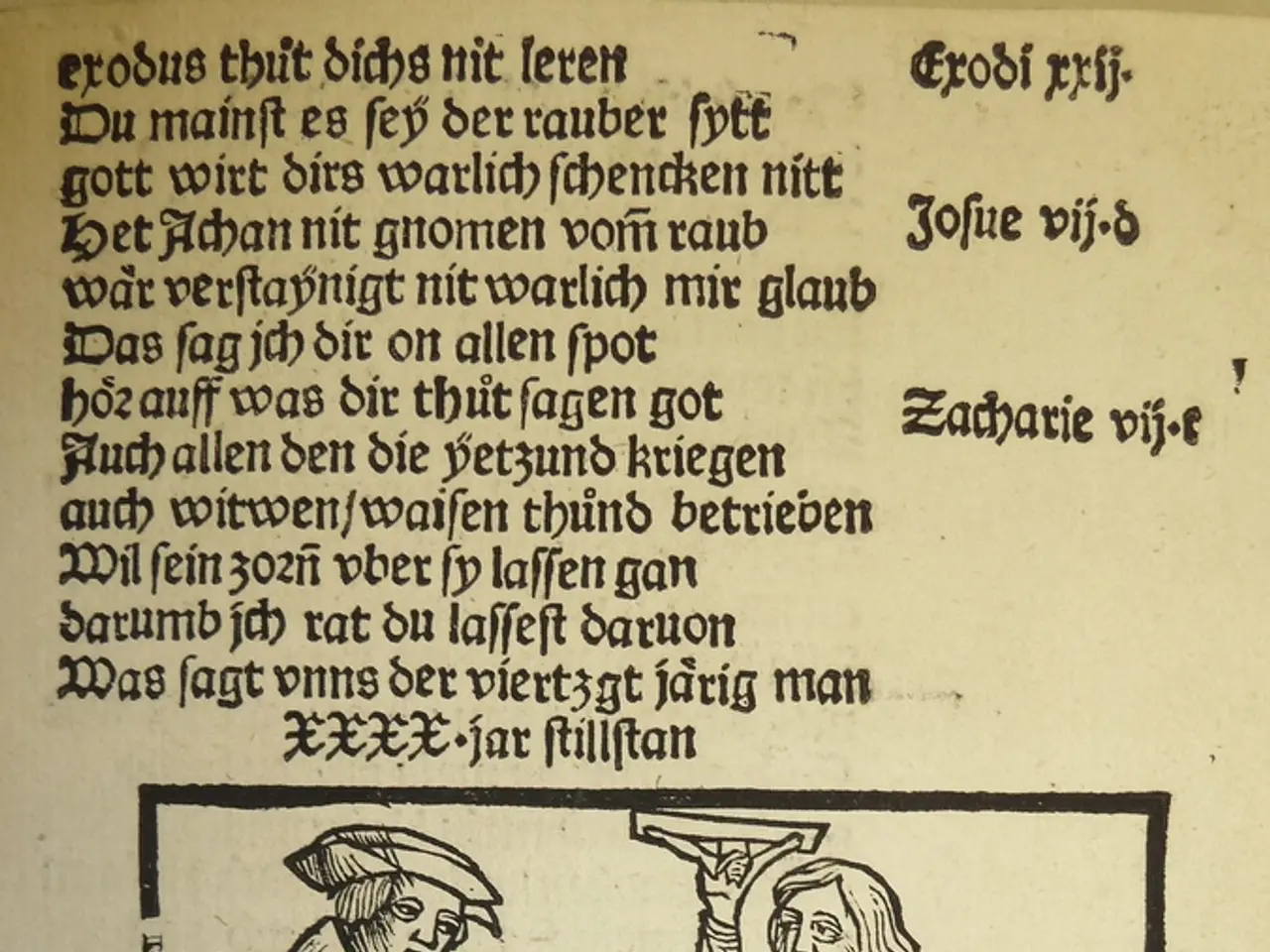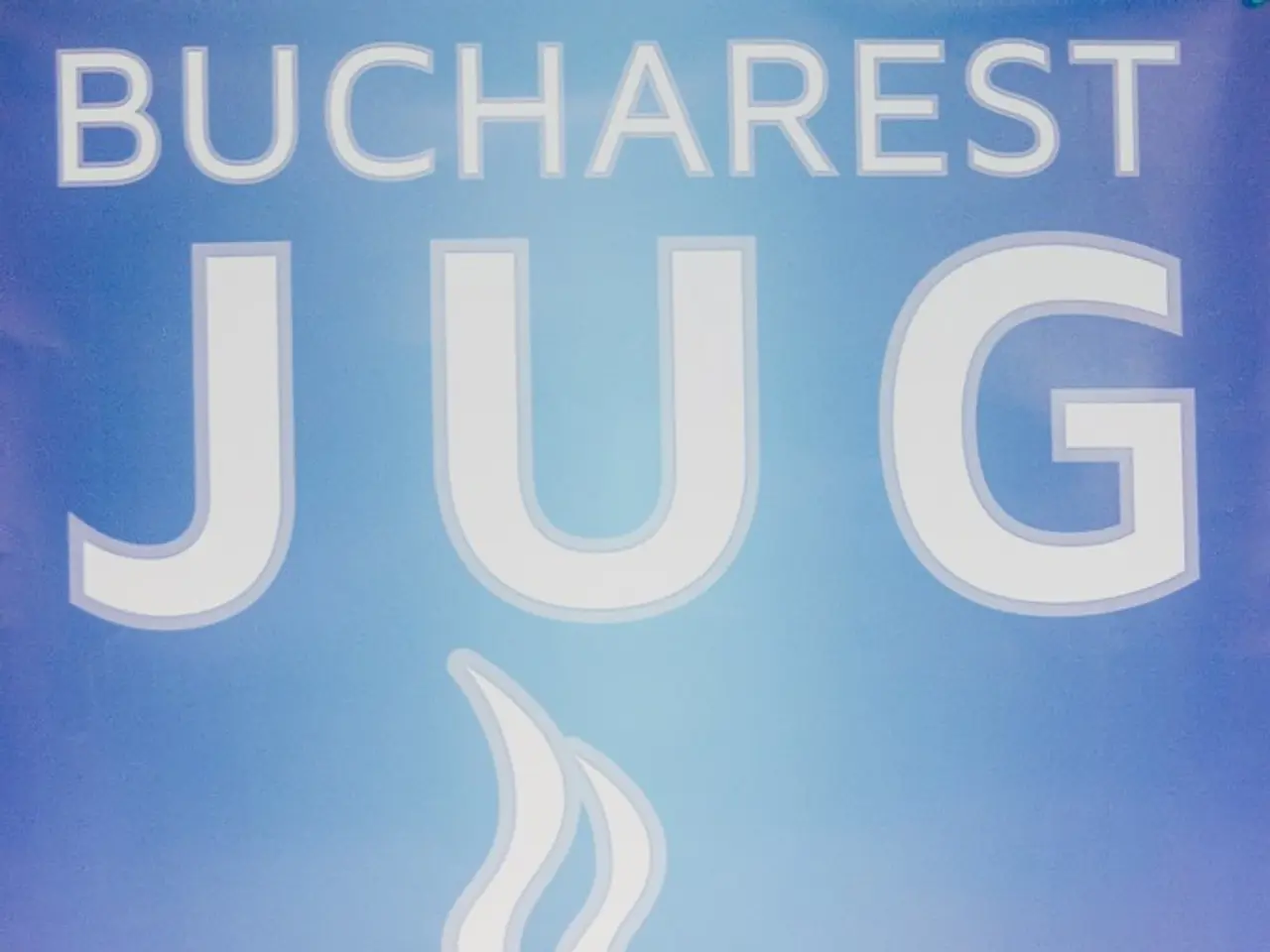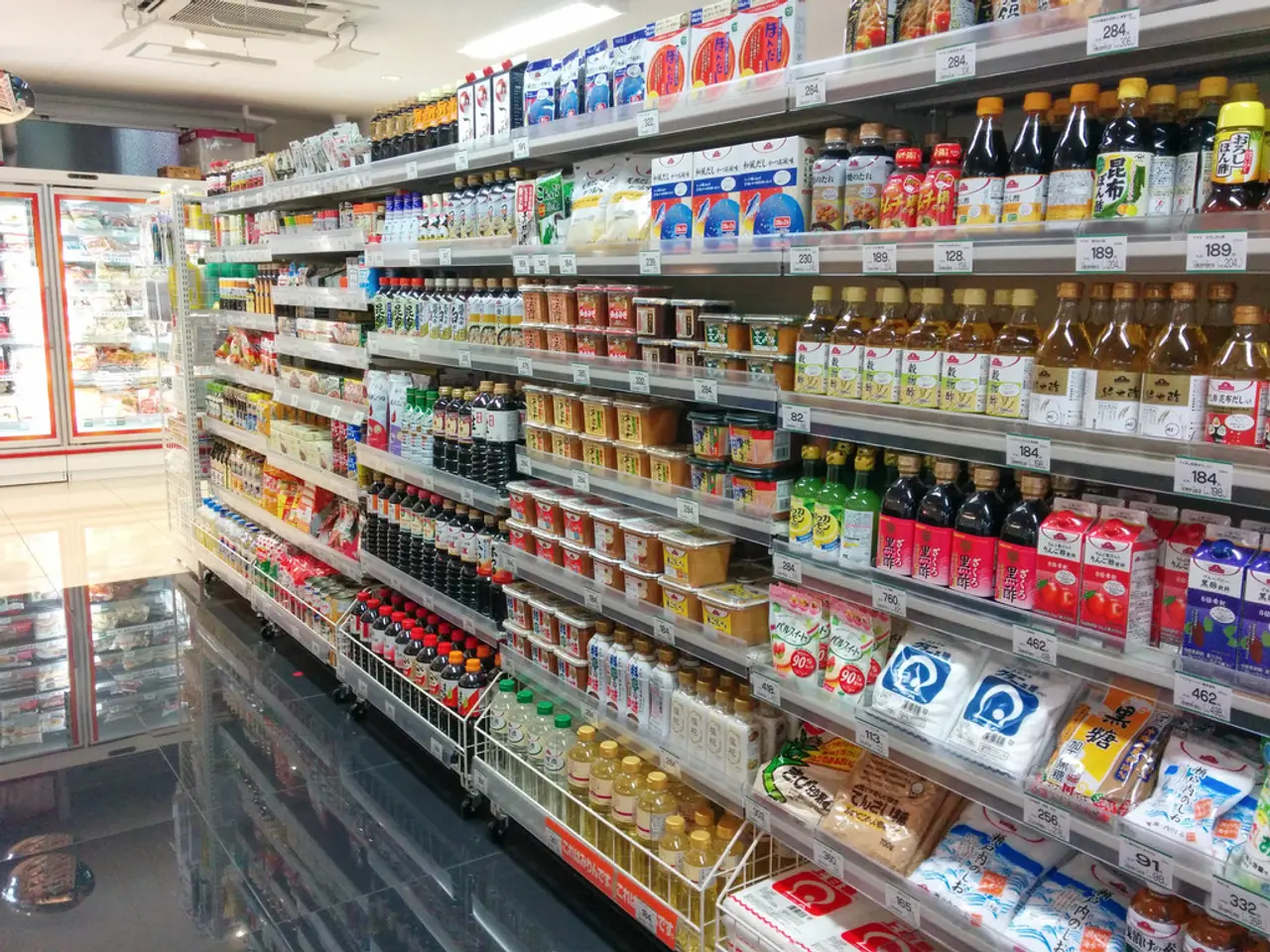The Importance of Accurate Translation - Ranging from Legal Records to Movies
In an increasingly interconnected world, the importance of quality translation has never been more significant. Whether it's for document translation or film localization, human professional translation services offer critical benefits and significance over machine translation.
One of the key advantages of human translators is their ability to deliver a level of precision that machines cannot fully match, especially in specialized fields like legal, medical, and technical documents. Humans catch subtle errors, preserve the original tone and intent, and ensure 100% quality localized content.
Moreover, human translators understand cultural nuances, idioms, humor, and context-specific meanings. This is essential for film translation, where capturing the original emotional tone, character voice, and cultural references is vital for natural and engaging localization. Machines often miss these subtleties.
The translated content produced by human translators also reads smoothly and sounds authentic to the target audience, improving comprehension and audience connection, especially in creative content like film scripts and marketing materials. Machine translations can be grammatically correct but often sound unnatural or stilted.
Professional translators also adapt messages for particular demographics, ensuring relevance and engagement, which machines cannot reliably do. This reduces risks, such as legal misunderstandings or marketing message failure, which can have serious consequences.
Current best practices involve AI producing a first draft followed by human editors refining it. This approach combines the speed and cost-efficiency of AI with human creativity and judgment, resulting in a faster workflow without sacrificing quality.
In live contexts such as medical interpreting or dialogue-heavy film translation, humans outperform AI because they can think creatively and respond to subtle cues instantly, which machines cannot.
While machine translation continues to improve, it cannot replace the human ability to understand context, nuance, and culture. The cultural intelligence and sensitivity of human translators elevate the craft of translation beyond what machines can offer today.
In the realm of document translation, services often adhere to international industry standards, such as ISO certification for translation accuracy. Subtitles and dubbing are critical aspects of film translation, each having its own challenges in terms of accuracy, conciseness, and natural sounding in the target language.
In summary, while AI translation tools offer speed and cost advantages, human professional translation remains indispensable for delivering fully accurate, culturally appropriate, and engaging translations that machines alone cannot achieve, particularly in complex, sensitive, or creative fields like document and film translation.
In the realm of business, especially in complex, creative, or sensitive fields such as document or film translation, human professional translation services remain indispensable, as they can deliver accurate, culturally appropriate, and engaging translations that machines alone cannot achieve. This is because human translators understand cultural nuances, idioms, humor, and context-specific meanings, which are essential for capturing the original tone and intent, preserving character voice, and ensuring 100% quality localized content.




